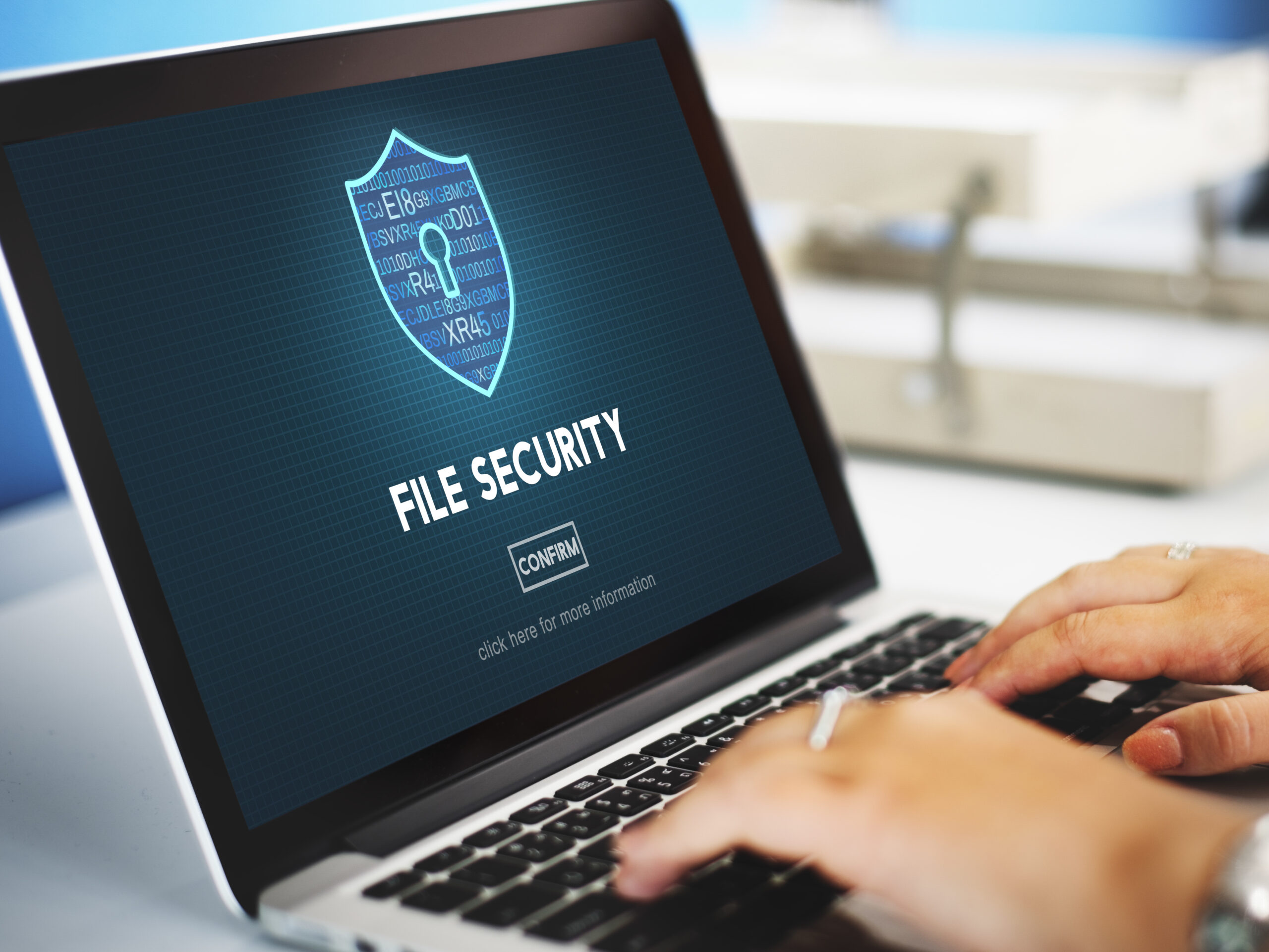Guardions of Security.
Explore Our CISO's Realm.

What is a CISO?
Why are CISO's Important?
Why are CISO's Important?
A Chief Information Security Officer (CISO) is a senior executive responsible for establishing and maintaining the enterprise vision, strategy, and program to ensure information assets and technologies are adequately protected. They oversee the development, implementation, and enforcement of security policies and procedures to safeguard the organization's digital assets from cyber threats. Additionally, CISOs play a crucial role in educating and training employees on cybersecurity best practices and ensuring compliance with relevant regulations and standards.
A CISO is essential for organizations as they serve as the frontline defenders against cyber threats, protecting sensitive data, financial assets, and brand reputation. They provide strategic leadership in identifying and mitigating cybersecurity risks, proactively addressing vulnerabilities, and responding effectively to security incidents. Moreover, a CISO's expertise is invaluable in building a robust cybersecurity posture, instilling confidence among stakeholders, customers, and partners in the organization's ability to safeguard critical information assets.

Enhanced Cyber Resilience.
Optimized Security Oversight.
Strategic Guardianship
Delve into the pivotal role of the Chief Information Security Officer in spearheading strategic security initiatives, ensuring the protection of digital assets and resilience against cyber threats.
Cybersecurity Sentinel
Discover why the Chief Information Security Officer is indispensable for organizations, leading the charge in safeguarding sensitive data, preserving brand reputation, and mitigating cybersecurity risks through proactive measures and incident response strategies.
Strategic Advantage:
Outsourcing Your Security Operations Center
Mitigated Risk
- Risk Management: CISOs mitigate cybersecurity risks by implementing robust policies and procedures, reducing the likelihood of data breaches and cyberattacks.
- Compliance Assurance: Through regular audits and assessments, CISOs verify adherence to compliance requirements, reducing the risk of fines, penalties, and reputational damage associated with non-compliance.
- Incident Response: By fostering collaboration with internal teams and external stakeholders, CISOs ensure a coordinated and effective response to security breaches, preserving business continuity and minimizing the impact on operations.
- And More...
CISO Leadership
- Reduced Operational Costs: By establishing incident response plans and conducting security awareness training, CISOs empower employees to recognize and respond effectively to cybersecurity threats, bolstering the organization's overall resilience.
- Flexible Service Models: CISOs ensure regulatory compliance by interpreting and implementing relevant cybersecurity laws and standards, such as GDPR or HIPAA, to protect the organization from legal penalties and reputational damage.
- Predictable Spending: By collaborating with internal teams and external partners, such as law enforcement agencies or cybersecurity vendors, CISOs facilitate swift resolution of security incidents, protecting the organization's reputation and preserving customer trust.
- And More...
Cybersecurity Expertise
- 24/7 Monitoring and Response: With the guidance of a CISO, organizations can proactively address vulnerabilities, fortify their cybersecurity posture, and maintain trust and confidence among stakeholders.
- Proactive Risk Management: By maintaining compliance with regulatory frameworks, CISOs enable the organization to operate within legal boundaries, enhancing trust among customers, partners, and regulatory authorities.
- Regulatory Compliance: With the expertise of a CISO, organizations can effectively prioritize security investments, allocate resources efficiently, and optimize security budgets to address the most critical threats and vulnerabilities.
- And More...
Maximized Security
Efficiency.
Security Expertise
Cyber Defense
40%
Reduction in Incident Response Time
30%
Cost Savings vs Full-Time Staff
50%
Increase in Threat Detection
70%
Compliance Improvement
Contact Us

